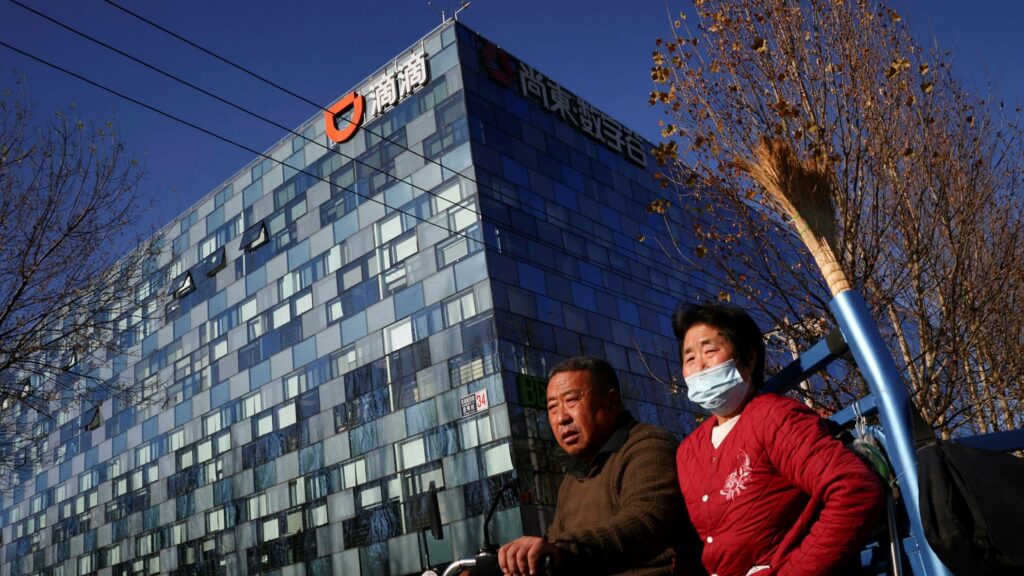Didi delisting: big data is now a strategic resource


Didi will end its American journey soon. The ride-hailing group will switch its listing from New York to Hong Kong. Where this $38bn tech business goes, others will follow. Beijing is deadly serious in its push for US-quoted Chinese groups to bring their listings home.
Bolstering the status of exchanges in greater China is not Beijing’s only aim. China fears local businesses represented in America will give the US access to sensitive information. Distrust is mutual. Big data is now a strategic resource.
More than 240 Chinese companies worth over $2tn are listed in the US. Since July, Beijing has halted nearly all offshore flotations by data-rich Chinese companies. Those that have already listed are likely to come home.
An even bigger proportion, about three-quarters by market value, face uncertainty due to their US listed status as “variable interest entities”. These Cayman-registered shell companies circumvent Chinese foreign-ownership rules for mainland companies. Beijing has stepped up scrutiny of VIEs structures, which are used by groups such as Alibaba, Pinduoduo and JD.com.
The US Securities and Exchange Commission has, for its part, finalised a rule allowing it to delist foreign stocks that do not meet its audit requirements. US regulators are frustrated by the refusal of Chinese peers to show them audits of Chinese companies. US-quoted Chinese companies have struggled to comply with American demands for information without violating Chinese laws.
The timing for Didi’s Hong Kong switch looks unfortunate. Listings in the city have raised less than $26bn this year, down over a fifth from last year’s total. Chinese retail investor appetite for such homecomings has withered as politicians have turned up the heat on business. The latest Chinese company to list in Hong Kong, music streaming platform Cloud Village, fell on its debut on Thursday even after halving the offering.
Didi shares soared then slumped in pre-market trading. Pundits theorised about everything from buybacks to a business boost for party-pleasing Didi. The more politicised shares become, the harder they are to value on fundamentals. Welcome to the polarised, rumour-driven world of international investing.
If you are a subscriber and would like to receive alerts when Lex articles are published, just click the button “Add to myFT”, which appears at the top of this page above the headline.